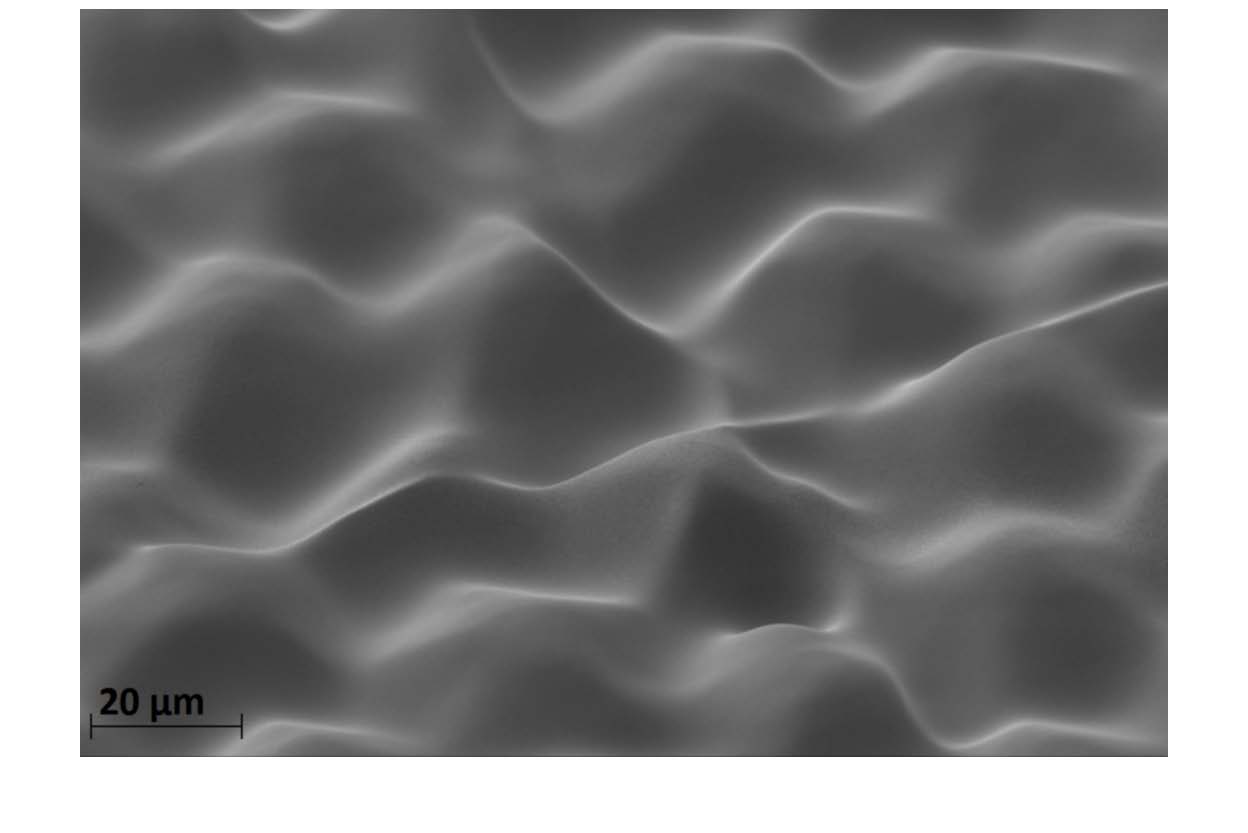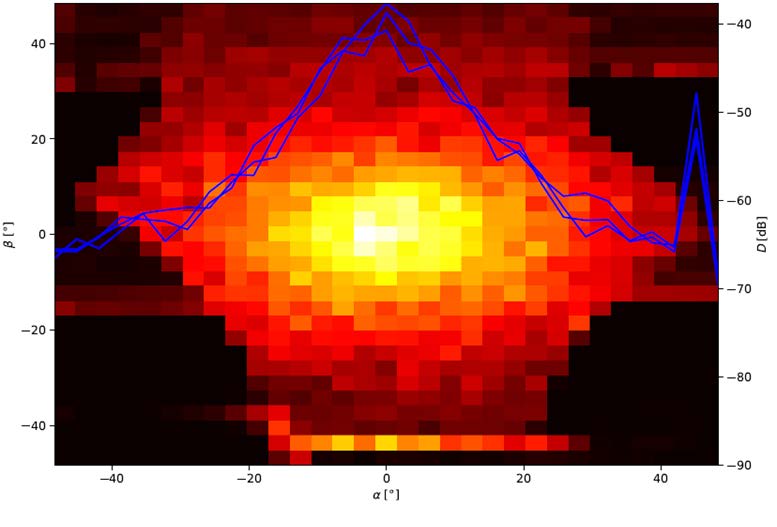FP/MA/FP-MA: Simulation of Scattering Processes in Optical Diffusers
As part of a research project, a demonstrator of an optoelectronic test system for LIDAR sensor systems is being developed. This test system is intended to make it possible to fully automatically read out, calibrate and test any LIDAR system for its function and safety. In order to analyze the detection range for comprehensive characterization, a large angular range must be captured, which would be complex and expensive for very large lens systems. As an alternative, transmission through a diffuser should therefore be evaluated. In order to develop a diffuser for this novel concept, a closer look at the factors influencing the scattering characteristics is necessary. For this purpose, the structure of the diffuser and the distribution of the scattering centers and their size should be optimized in order to achieve uniform scattering over a large angular range. First, the scattered signal can be analyzed in simulations. Based on the knowledge gained, an innovative algorithm can be developed that provides the material parameters suitable for the desired scattering behavior, such as particle size, concentration and thickness, which manufacturers can use for production.

 [1]
[1]
In the first step of the work, surface and volume scatterers should be simulated in Python or Zemax Optic-Studio. Different volume scatterers and surface scatterers with their Rayleigh, Mie and surface scattering will be investigated. While Rayleigh and Mie scattering of particles should be considered for volume scatterers, various materials and coatings can be analyzed in more detail for surface scatterers. The modeling of surfaces and volume structures can be carried out on the basis of the microscope images. The simulation results should finally be compared with the measured scattering behavior.
[1] url: https://www.iof.fraunhofer.de/de/kompetenzen/mikro-und-nanostrukturierung/massgeschneiderte-diffusoren.htmlSupervisor: Christian Carlowitz, Johannes Reichstein
Keywords: Photonik, Python, C, Hardware, Messtechnik
Requirements: C/C++/Python, knowledge of physics-based simulation, CUDA/GPGPU acceleration, parallel computing, suitable for EEI/CE/ASC students
Contact: christian.carlowitz@fau.de, johannes.reichstein@fau.de